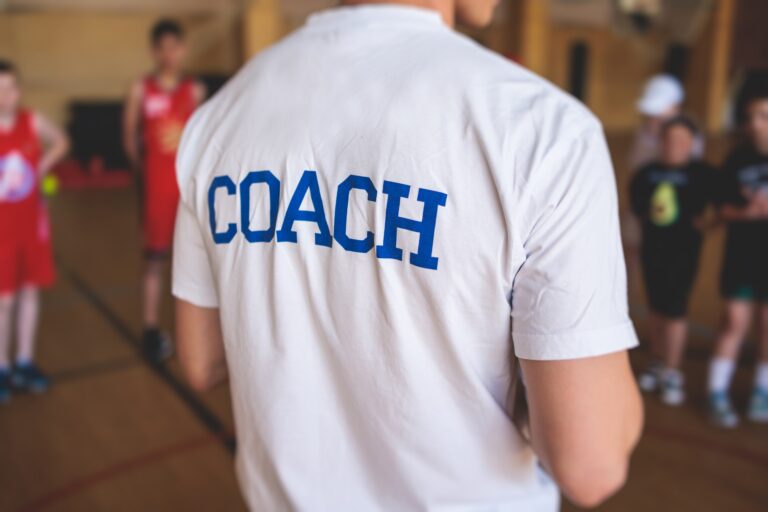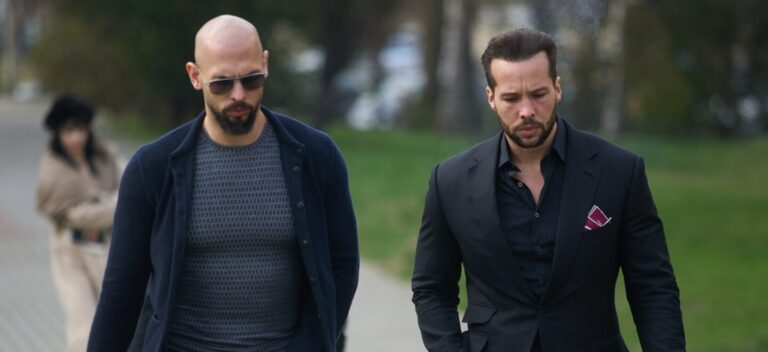While there is no clear legal definition of ‘child abuse’, the law does protect children against many forms of potential harm that they may experience. This harm can be targeted towards the child’s psychological wellbeing, and/or cause damage to their bodies, health or development.
Abuse can affect a child at any time or place, and both adults and children can be perpetrators. It’s also worth noting that one-off occurrences of child abuse, while they do occur, are rare. Abuse of children typically takes place on a number of separate occasions over a period of time, while the type of abuse suffered may either be different each time, remain consistent, or grow increasingly worse in severity.
The NSPCC estimates that over half a million children are abused in the UK each year. An abusive childhood can manifest in serious and long-term consequences later in the survivor’s life, with the damaging impact of their trauma staying with them throughout adulthood. It can negatively impact the survivor’s relationships, education, career, physical health, mental health, behaviour (including dependency or misuse of drugs or alcohol) and general day-to-day life, to name just a few.
What is considered child abuse?
There are many different forms of child abuse but they can all be classified as one or more of: physical abuse, sexual abuse or psychological abuse. Below is an outline of the types of acts that can be classed as child abuse:
What is physical child abuse?
Physical child abuse is deliberately causing harm to a child through a physical action. The abuser’s aim is to hurt the child and, in extreme circumstances, can lead to the child’s death. Physical child abuse could also include the threat of injury to a child.
Physical child abuse can include, but is not limited to:
- Hitting, punching, slapping or kicking a child, including for the purpose of discipline
- Breaking a child’s bones
- Deliberately burning or scalding a child
- Deliberately drowning, suffocating or choking a child
- Giving a child harmful drugs or alcohol
- Fabricating or inducing an illness or ill health; such as pretending the child has an illness and giving them drugs or medication they don’t need
- Failing to protect a child from physical harm
- Inappropriately restraining or falsely imprisoning a child
- Shaking or hitting a baby. This can cause non-accidental head injuries and, in extreme cases, lead to the child’s death.
What is child sexual abuse?
Childhood sexual abuse occurs when a child is enticed or forced to take part in sexual activities. It is child sexual abuse even if the child isn’t aware of the nature of what is happening to them or if they go along with it without protest. Equally, it is child sexual abuse even if there is no threat of violence. It is important to note that child sexual abuse is often perpetrated by someone the child knows and trusts.
Child sexual abuse encompasses a variety of acts that broadly fall under the following two categories:
- When a child is made to take part in sexual activities, both physical and non-physical
- When an individual commits sexual acts upon a child, whether forcefully or otherwise
The following is a list of what constitutes child abuse of a sexual nature:
- Grooming a child for future sexual abuse, including via the internet
- Discussing sexually explicit topics with a child
- ‘Sexting’ a child, or coercing a child to send inappropriate images of themselves
- Taking inappropriate photographs or videos of a child
- Showing sexually-explicit images or videos to a child
- Physical contact, such as touching a child inappropriately
- An adult exposing themselves to a child
- Forcing, coercing, or grooming a child to engage in sexual behaviour like kissing and all forms of intercourse
- Using young people under the age of 18 in prostitution
- Female genital mutilation
What is emotional child abuse?
Emotional child abuse, or psychological child abuse, covers any abuse that negatively affects the child’s emotional and social development. Emotional child abuse can have a long-lasting impact on the child’s wellbeing. It can affect how they feel about themselves, how they fit in with friends and skew their perspective on what is normal in relationships.
It’s important to note that all forms of child abuse involve emotional abuse on some level.
Emotional abuse can take the form of:
- Bullying a child, including cyberbullying
- Constant or unjust punishment
- Unnecessary or unrelenting criticism
- Humiliation or telling a child they are worthless
- Denying a child love and affection
- Terrorising a child
- Limiting the child’s exploration and learning
- Not giving a child opportunity to express their views
- Preventing a child from taking part in normal social interaction
- Letting a child see or hear the ill-treatment of someone else. This might often be the case in a domestic violence situation
- Being complicit when you see a child being mistreated
What is child neglect?
Child neglect occurs when an adult with responsibility over a child fails to meet their basic needs over an ongoing period. For example, the child might be left hungry, unwashed or uncared for. Children rely on adults to look after them, and if their physical or psychological needs are not being fulfilled, it can be damaging to the child’s development, and their emotional and physical wellbeing.
One in ten children in the UK experience neglect in their lives. It is also frequently the case that a child who has been subject to neglect often undergoes other forms of abuse as well. Neglect can be intentional or unintentional, and both parents can be guilty of neglecting their child.
Some forms of child neglect include, but are not limited to:
- Neglect during pregnancy due to mother’s substance abuse or violence towards the mother during pregnancy
- Failure to provide food, shelter, clothing or warmth, including throwing a young person out of the family home
- Failure to seek or follow medical care for the child, including dental treatment
- Failure to protect a child from physical or emotional harm or danger
- Abandoning a child
- Failure to provide appropriate supervision of a child, including making inadequate childcare arrangements
- Unwillingness or inability to provide appropriate care for a child
Which form of abuse is the biggest cause of a child needing protection?
There’s no one form of child abuse that’s cause for bigger concern than another. That said, some forms of abuse are statistically more common than others, although many children who are abused may experience more than one type of abuse. According to the latest Office of National Statistics (ONS) Crime Survey of England and Wales (CSEW), psychological abuse is the most common type of child abuse, with 9.3% of adults in 2019 reporting that they experienced it as a child. 9.8% of respondents noted having witnessed domestic violence, while 7.6% and 7.5% reported experiencing physical and sexual abuse respectively. Child protection agencies take all forms of child abuse seriously, and will take appropriate action when it’s brought to their attention. Find out more about reporting child abuse in our article on the topic.
Make a child abuse claim with Bolt Burdon Kemp
If you think you or your child has experienced any of the above forms of child abuse, you may wish to report the abuse. Whether you are acting on behalf of your child, or addressing abuse you suffered during childhood, Bolt Burdon Kemp can help you make a claim against the perpetrator.
Our team of specialist solicitors are highly experienced in child abuse cases and handle all issues with the utmost professionalism and sensitivity. We fully understand how difficult it can be to talk about what has happened, but if you feel ready to, please contact us to start a conversation and figure out what can be done.
















